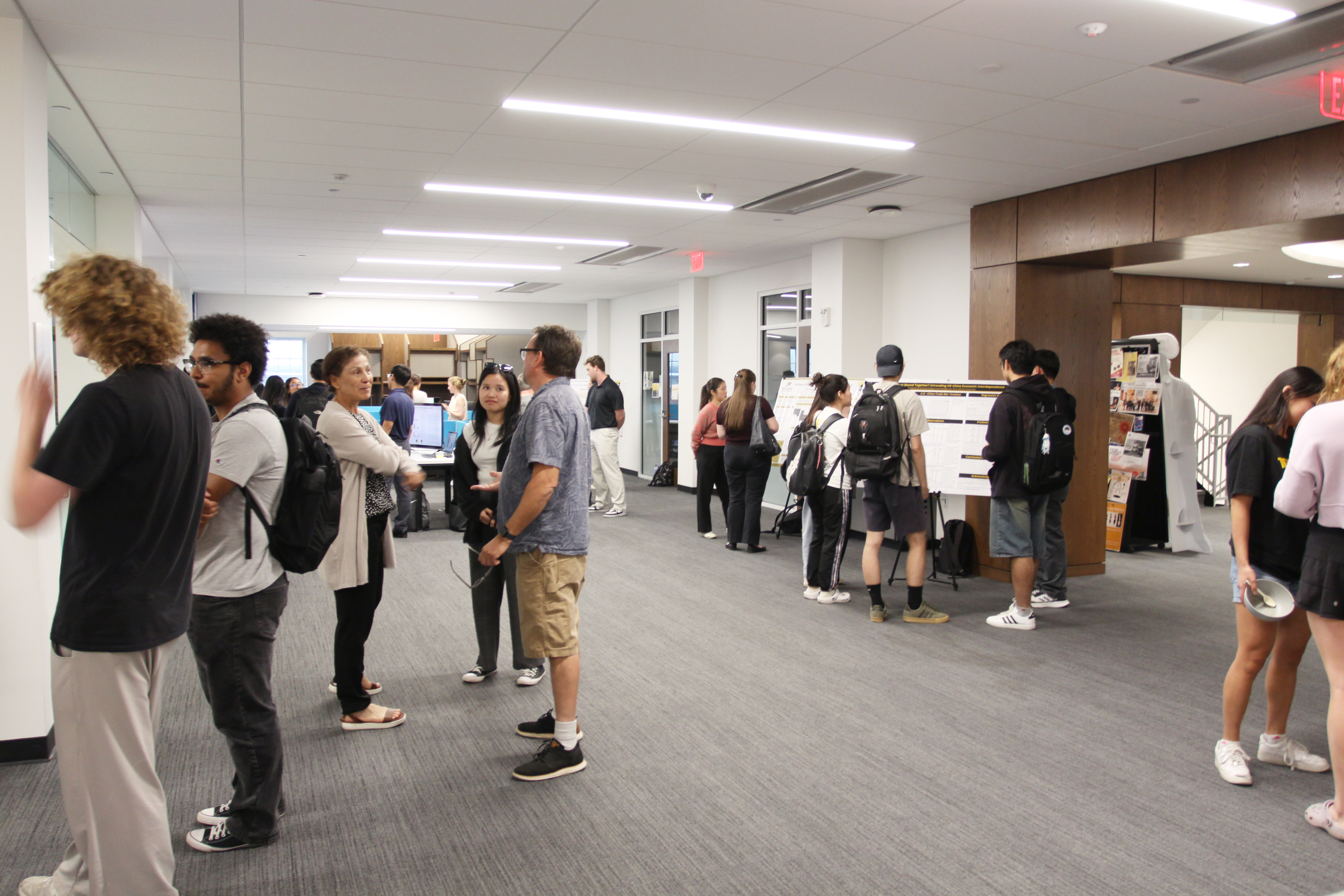Kids Crying: Niños Llorando
Document Type
Article
Loading...
Publication Date
Spring 6-1-2021
Abstract
This piece is Titled Kids Crying: Niños Llorando. This is an archival video with the voices and crys of children who have been separated from their families and put into detention centers. One can hear the crys and desperation of these children wanting to see their family members but the “law” does not allow that. I also incorporated audio footage of other children reading excerpts of written statements of the experiences of the children being detained. The reason why there are no actual recordings of these children being interviewed and only written statements is because cameras are not allowed inside the detention center and these inhumane conditions these children are living in are being hidden. This idea of incorporating other children reading excerpts of the children being detained allowed for the audience to connect to the piece on a deeper level and really reflect and recognize our privilege. I consider this archival piece an emotional video that some may find difficult to listen to because of the consent cries for help these children are seeking and that trauma that is being created by ICE agents (immigration and customs enforcement agents). I incorporated English but also Spanish subtitles because it was important for me not only for the English speakers to understand but also acknowledge the Spanish speakers in having a form of representation for them as I myself am a Spanish speaker. Finally the reason I chose the title Kids Crying: Niños Llorando was because as an audience most people might think “oh it’s just kids crying” over not getting what they want etc. but as one listens there’s an element of surprise because one realizes it’s much deeper than kids crying but children crying for help.
Recommended Citation
Morales, Daisy, "Kids Crying: Niños Llorando" (2021). Student Research. 33, Scholarly and Creative Work from DePauw University.
https://scholarship.depauw.edu/studentresearchother/33



Comments
Winner of the 2021 Prindle Prize for Ethics for the Visual, Performing, and Literary Arts